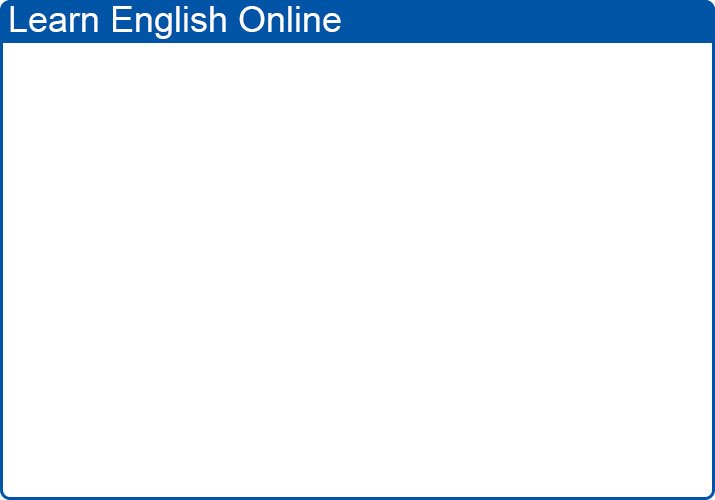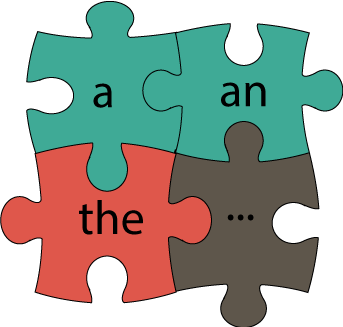Overview
In English grammar, articles are a group of small words that give information about a noun.
First the good news. There are only 3 articles in English: a / an / the
Now for the bad news. They may only be small, but they can cause a lot of problems.
The Indefinite Article
A and an are the indefinite articles. They are used before singular nouns that introduce something or someone you have not mentioned before.
They are really the same article, but we say 'a' when the noun we are referring to begins with a consonant, or consonant sound (b, c, d, f, g, h, j, k, l, m, n, p, q, r, s, t, v, w, x, y or z)
Did you notice how the article is pronounced? - "ə" - Yes, it's the schwa again!
You might hear it pronounced "eɪ", we do that when the article is stressed.
For example:-
"I said you could have a gummy bear, not two!"
You use 'an' when the noun you are referring to begins with a vowel, or vowel sound:
It's really the sound that matters, not the spelling, and if an adjective gets in the way, it takes over from the noun.
For example:-
My husband sent me an SMS.
My husband sent me a nice SMS.
(Lots of people get this wrong - including native speakers.)
We also use the indefinite article when talking about our profession.
For example:-
I'm a teacher, but I prefer to think of myself as an English helper.
The Definite Article
We use' the' when we are talking about a particular thing, or we have already mentioned the thing we are talking about.
For example:-
We also use it to talk about geographical points on the globe, some countries, rivers, oceans, seas, and before certain nouns when we know there is only one of a particular thing.
(There are lots of examples on the grammar page.)
'The' is also used to form the superlative.
For example:-
There are two ways to pronounce "the".
One is "thə" and the other "thee".
It's complicated, so there is a whole page on it in the pronunciation section.
No Article
We do not need an article to talk about things in general.
'The' does not mean all.
For example:
"The books are expensive." = (Not all books are expensive, just the ones I'm talking about.)
"Books are expensive." = (All books are expensive.)
(There are more examples on the website.)
Summary
When you look at all the variables, I think you will agree that you need to develop a feeling for articles.
Quite often you have to work out what is correct by what sounds right, which can be frustrating for a learner, but it's an important aspect of learning English.
Don't worry about it too much. If you work on it, and practise lots, pretty soon you will know the right article to use.
For a few more examples, read the article about articles.















